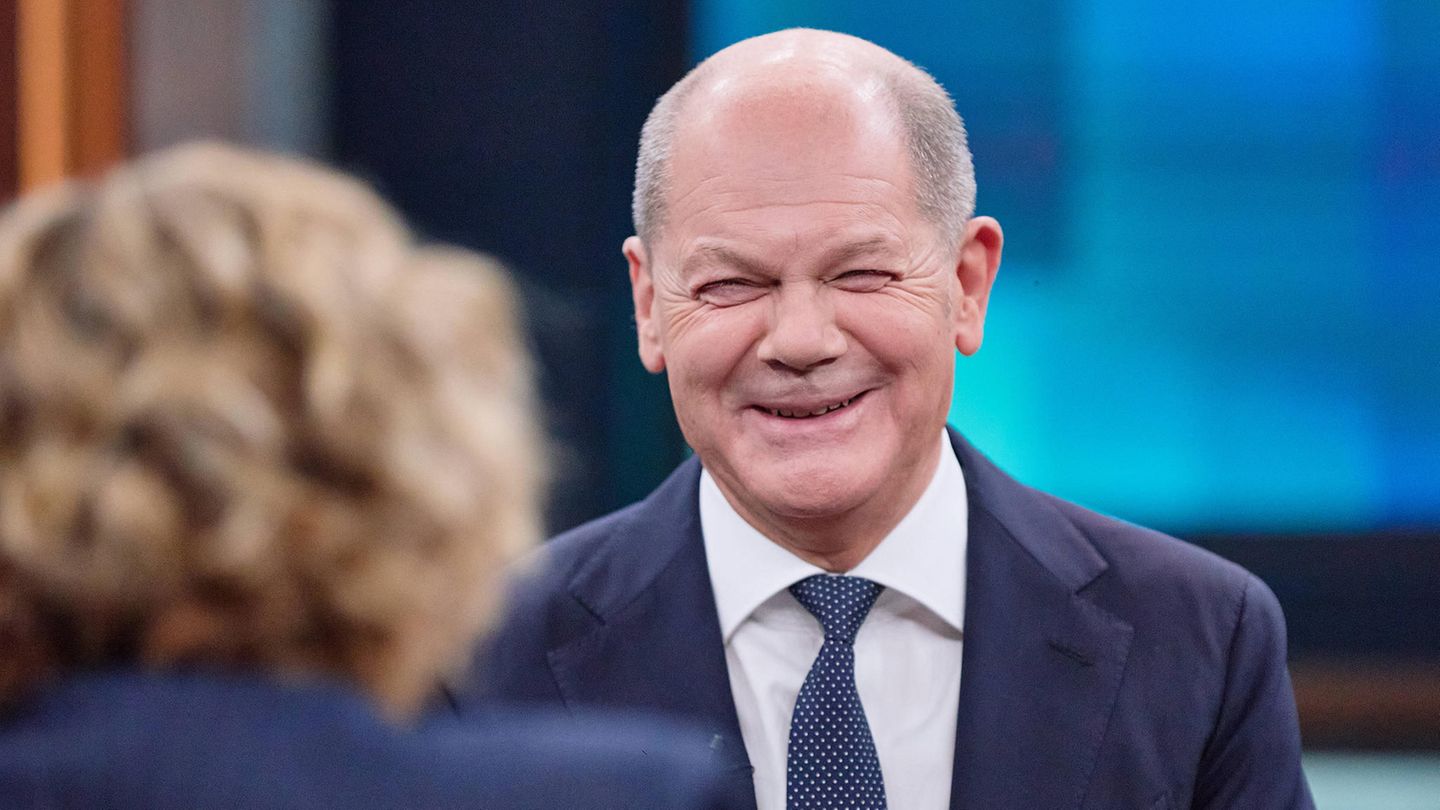Opinion
“No problem”? Oh yes, Mr. Chancellor!
Copy the current link
Chancellor Scholz is making the question of trust a matter of negotiation. This not only damages his credibility, but also the Social Democrats.
The Chancellor has taken responsibility for the country – this is how Olaf Scholz wanted the expulsion of his former finance minister to be understood, who in his view had acted “irresponsibly”. Anyone who joins a government, explained Scholz, must act seriously and not fall into the bushes if difficulties arise.
These standards obviously do not apply to the Chancellor himself. His transparent tactics with the question of trust not only damages his own credibility, but also his SPD.
Scholz can imagine asking the question of confidence before Christmas instead of in January, thus clearing the way for new elections earlier than previously planned – all “no problem,” said Scholz in Caren Miosga’s television studio, “if everyone sees it that way together.” That is exactly the problem: the Chancellor is making the question of trust a matter of negotiation.
The Chancellor has to ask the question of confidence, no one else does. Nevertheless, Scholz wants to make his decision dependent on his SPD parliamentary group leader Rolf Mützenich and opposition leader Friedrich Merz agreeing on a date. Scholz thus gives the impression that the responsibility does not lie with him, but with Parliament. What about leadership again?
In any case, this makes clear what Scholz denies in front of the television cameras: his willingness to ask the question of trust is subject to conditions. Parliamentary group leader Mützenich has long since made it clear that the Social Democrats expect several government projects to be implemented in return for concessions. Scholz is now merely playing up his intentions, which he had initially linked to the January date.
Olaf Scholz gambles away trust
Scholz’s new flexibility in the matter also presents his Social Democrats with a dilemma; it could make them appear confused and arbitrarily flexible. After the collapse of the coalition, the SPD persistently warned of the logistical, organizational and political problems that could arise from a vote of confidence asked too early. Are these problems now all a thing of the past or are they less serious than no agreement on child benefit and the 49 euro ticket? This impression arises. According to experts, it is actually not advisable to hold new elections too quickly. The Chancellor’s party will have to explain why everything could happen a little earlier now.
Now the Chancellor can be credited for trying to steer the heated debate into calmer waters by letting Parliament discuss which date makes sense for the vote of confidence. It might even work. The only question is: why not like that? Why first specify January 15th and then propose a community solution? This raises the suspicion that Scholz first wanted to wait and see how the debate progressed. Now that political and social pressure is growing, Scholz is giving in – but under conditions. Berlin, a bazaar?
Scholz’s back and forth on the question of trust is likely to solidify the feeling of those for whom politics has long since become a source of annoyance. Because ultimately the Chancellor is doing exactly what he had interpreted as irresponsibility to his former finance minister: linking one thing with the other. This mode caused the traffic light coalition to fail. The fact that Scholz, who wants to become chancellor again, apparently sees no problem in this does not create trust.
Source: Stern
I have been working in the news industry for over 6 years, first as a reporter and now as an editor. I have covered politics extensively, and my work has appeared in major newspapers and online news outlets around the world. In addition to my writing, I also contribute regularly to 24 Hours World.




